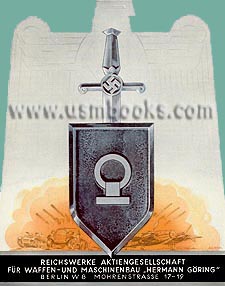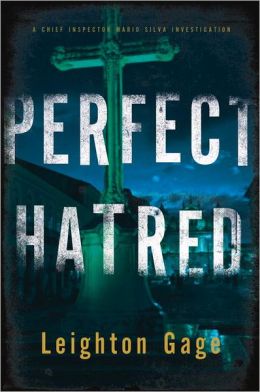 The Tenth Witness, by Leonard Rosen (Permanent Press; August 16, 2013)
The Tenth Witness, by Leonard Rosen (Permanent Press; August 16, 2013)I've lost count of how many novels I've read about the fingers of the ugly World War II past reaching into the present. It's a challenge to make a fresh story on this theme, but Leonard Rosen's The Tenth Witness shows he is more than up to the task.
The Tenth Witness is a prequel to Rosen's impressive and original first Henri Poincaré novel, All Cry Chaos. Most of the action in The Tenth Witness takes place in the late 1970s, before Henri has become an Interpol agent. Henri is an engineer, and he and his partner, Alec Chin, have just landed an exciting project: on behalf of Lloyd's of London, they've built a platform from which they hope to recover the 18th-century wreck of the Lutine, a gold-laden ship that went down off the Dutch Wadden Sea.
While out hiking on the broad mudflats of the Wadden Sea, Alec meets Liesl Kraus, and their attraction is immediate. Liesl turns out to be a very wealthy young woman, the daughter of Otto Kraus, founder of Kraus Steel. Henri is soon introduced to Liesl's family, including her charming brother, Anselm, who now runs the firm's operations, and her uncle, Viktor Schmidt, whose bluff heartiness feels to Henri as if it's hiding something more menacing.
 |
| The Wadden Sea |
 |
| The Reichswerke Hermann Göring was responsible for mining and steel production in the Third Reich |
Henri's work and research take him to facilities in the third world where workers who are desperate for any kind of employment are treated only marginally better than the Nazi slave laborers, and to countries where individual freedoms and lives are sacrificed in the name of security and progress. Without being at all sanctimonious, Rosen makes us look at the situational ethics so many used during the Nazi era and ask ourselves if we are so sure we'd have done the right thing, not the expedient thing––and if the choices we make today can stand up to close scrutiny.
As with All Cry Chaos, there is so much going on in this novel; murder, romance, science and technology, a chase after Nazis, and the quest for a gold-laden shipwreck. The plotting is intricate but fast-paced, the storytelling lean but with plenty of food for thought and emotion.
 |
| Shipbreaking in Chittagong, Bangladesh |
 |
| Leonard Rosen |
Leonard Rosen has created an appealing and complex protagonist in Henri Poincaré, and his novels offer far more than the usual thriller or whodunnit; they have more in common with literary fiction. If you haven't read them yet, pick one and see for yourself.
Note: I received a free review copy of The Tenth Witness. Versions of this review may appear on Amazon, Goodreads and other reviewing sites under my usernames there.





